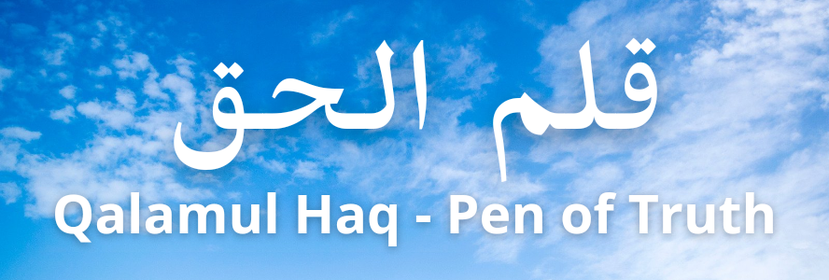- Details
- Hits: 3304
The End of Nikah as we know it in South Africa
On 7 July 2023, the Minister of Home Affairs published a draft Marriages Bill, which is openfor public comment. If the Bill is enacted in its current form, it will mean the end of Nikah aswe commonly know it.
To be clear, the concept of Nikah will remain. However, the generally accepted procedure is what is in jeopardy of being rendered obsolete.
For the Muslim community, Nikah usually takes on the following procedure:
-The prospective bride appoints a male representative, more often her father,
brother, uncle or so forth.
-Nikah takes place in the Musjid.
-The Imaam conducts the Nikah “ceremony” (if one would want to call it such). He
recites the Sunnah khutbah.
-Thereafter, in presence of the congregation and upon the instruction of the bride’s
representative, makes the marriage offer to the husband.
-The husband verbally accepts the offer.
This has been the process largely followed from time immemorial.
The definition of “marriage” in the Bill includes Nikah. This is particularly apparent from thehistorical context of the Bill. The aim of the Bill is to rationalize all forms of marriages, including those forms of marriage which previously did not have statutory recognition. This
is clear from the preamble, which sets the backdrop for the purposeful interpretation of the provisions of the Bill.
Only a Marriage Officer may now conduct a Nikah. (S22(8)). If the Imaam / Sheikh / Maulanais not a registered Marriage Officer, he may not conduct the Nikah. If he does so, he will beguilty of an offence, and is liable to be jailed for up to 5 years.
If the Imaam / Sheikh / Maulana is indeed a registered Marriage Officer, then the next hurdle will be that the Nikah must take place in the presence of the prospective bride, bridegroom and the two witnesses. All will have to be present in the same sitting. (S15(2)).
In other words, the presence of the bride’s male representative will not suffice. She has tobe there in the Musjid in person. This obviously poses a challenge One suggestion that has been contemplated is that the Marriage Officer, in some other private setting, ensures that the requirements of the Bill are met. This could be either before or after the Nikah “ceremony” held in the Musjid. For example, the Marriage Officer goes to the house of the prospective bride. The prospective bridegroom is also seated before him, as well as the two witnesses. He then solemnizes the marriage in compliance with the Bill.
If this private solemnization is undertaken before the Nikah to be held in the Musjid, then very often (depending on the other requirements of a valid Nikah being complied with), a valid Nikah then comes into operation by way of this solemnization in the private sitting.
This will render the Nikah in the Musjid thereafter as a bare sham. It will merely be a mock ceremony for public consumption, not the actual coming into being of a Nikah.
And if the Nikah in the Musjid is followed up by the private solemnization, then technicallythe Nikah held in the Musjid (with the absence of the prospective bride) falls foul of the law, for which Imaam / Sheikh / Maulana can be held criminally liable. This is so since the
“ceremony” in the Musjid will be regarded as, from a legal perspective, being an attempted solemnization which does not comply with the provisions of the Bill.
Currently, Muslim Marriage Officers are, in relation to the need, too few in number. This will make it difficult for all communities to have reasonable access to such officers.
Furthermore, given these provisions and the current trend in some quarters towards “modernization” and “reformation” of the Shari’ah, many modern-minded “Muslims” will gravitate towards totally doing away with the Sunnah procedure of having the Nikah in the
Musjid, and opting to only have a new version of Nikah outside the Musjid, with the prospective bride being present in person. The laws of Hijaab, as is unfortunately the general tendency, will be ignored. This will, over time, sound the death-knell for the procedure of
Nikah as we have all been accustomed to, and which has its basis in the Sunnah. The Hadith specifically instructs us to have the Nikah in the Musjid.
This brief article merely aims to highlight one problem found in the Bill. Other concerns will be raised, insha Allah, in due course.
Emraan Vawda (Mufti/Advocate)
30 Thul Hijjah 1444
19 July 2023











